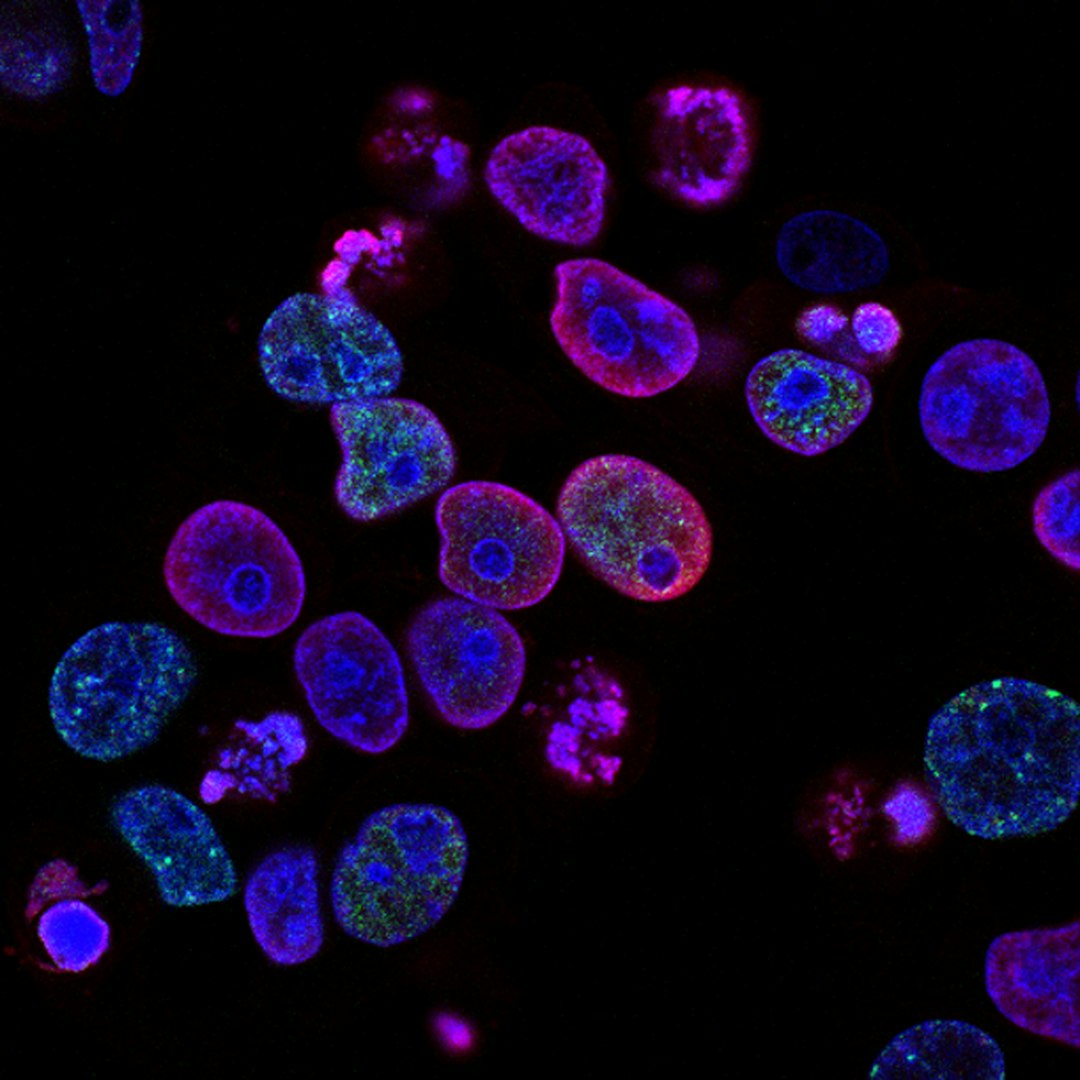Breaking Down the Internet of Things: How Connected Devices Enhance Our Lives
Over the past decade, the Internet of Things (IoT) has revolutionized the way we interact with technology. From smart homes to wearable devices, connected devices have become an integral part of our daily lives. In this article, we will explore the impact of IoT on various aspects of our lives and how it has enhanced our overall experience.
First and foremost, IoT has significantly transformed our homes, making them smarter and more convenient. Smart home devices such as thermostats, lights, and security systems can now be controlled remotely using a smartphone or voice commands. Imagine turning on the lights and adjusting the temperature in your home before you even step through the front door, all thanks to IoT technology.
Connected devices have also revolutionized the healthcare industry. Wearable devices like fitness trackers and smartwatches help us monitor our health and fitness levels, providing real-time data on heart rate, sleep patterns, and activity levels. This kind of information can be invaluable for individuals looking to improve their overall well-being or those with chronic illnesses who need to monitor their health closely. Additionally, IoT devices have facilitated the development of telemedicine, allowing patients to connect with healthcare professionals through video consultations, saving time and money on unnecessary hospital visits.
The automotive industry has also greatly benefited from the IoT revolution. Connected cars are equipped with advanced sensors and GPS systems that offer drivers real-time traffic updates, parking assistance, and even preventive maintenance alerts. This technology not only enhances the driving experience but also improves safety by reducing the risk of accidents and providing emergency assistance when needed. With the rise of autonomous vehicles, IoT technology will play an even more significant role in shaping the future of transportation.
IoT has also made significant strides in the realm of agriculture. Connected devices allow farmers to monitor soil moisture levels, weather conditions, and crop health remotely. This data can help optimize irrigation systems, detect early signs of plant diseases, and make informed decisions about crop management, resulting in increased yields and reduced resource waste. By leveraging IoT, farmers can ensure food security and sustainable farming practices for future generations.
The retail industry has also witnessed significant changes thanks to IoT technology. Smart shelves, beacons, and mobile payment systems have transformed the way consumers shop, creating a more personalized and seamless experience. Smart shelves can detect when a particular product is running low and automatically order more, ensuring that customers never face out-of-stock items. Beacons can send personalized offers and recommendations to shoppers based on their past purchases, enhancing customer engagement and loyalty. The ease and convenience of mobile payment systems have also rendered waiting in long queues a thing of the past. These advancements in retail technology have not only improved the customer experience but also streamlined operations for retailers.
In conclusion, the Internet of Things has unquestionably enhanced our lives by creating a connected ecosystem of devices and services. From smart homes to wearables, IoT has transformed various industries, including healthcare, automotive, agriculture, and retail. By leveraging IoT technology, we can make our homes smarter, monitor our health more effectively, improve transportation safety, ensure sustainable farming practices, and enhance the retail experience. As technology continues to advance, we can expect even more exciting developments in the IoT space, making our lives easier, more convenient, and interconnected than ever before.









